
Science in the Spotlight: The Great Quake
How an Alaskan quake helped advance earthquake science At 5:36 p.m. on Good Friday, March 27, 1964, a violent shaking disrupted a peaceful Friday night

How an Alaskan quake helped advance earthquake science At 5:36 p.m. on Good Friday, March 27, 1964, a violent shaking disrupted a peaceful Friday night
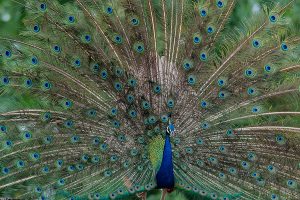
The Evolution of Beauty is a compelling and insightful look at beauty in nature through the eyes of Richard O. Prum, the William Robertson Coe
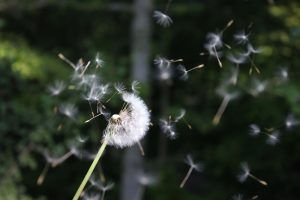
Dandelion seeds repurposed as pipettes Taraxacum officinale, or more commonly known as dandelions, are a well-known nuisance in gardens throughout the world because they infest

Radio telescopes reveal surprisingly neat rotation in extremely young galaxies “We are made of star stuff.” These timeless words from astrophysicist and space evangelist Carl

Researchers recently discovered evidence of ancient hydrothermal deposits in the Eridania Basin on Mars. These may hold insight into the conditions surrounding the origin of life on Earth.
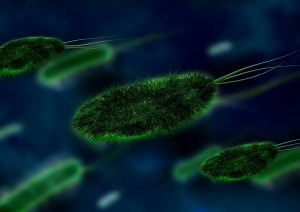
Scientists are looking into using the evaporation of lakes as a new energy resource.
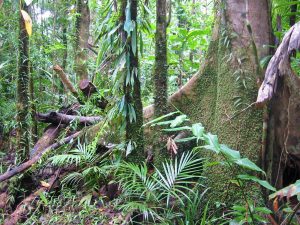
Understanding forest regrowth is crucial to predicting and mitigating environmental damage, and with over half of the word’s tropical forests currently recovering from human land
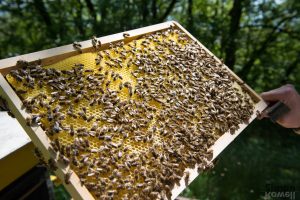
A team of researchers from University and Botanical Garden of Neuchâtel constructed a global map of honey exposure to a class of pesticides termed “neonics,” showing that 75% of all samples were contaminated with the pesticides.

In the aftermath of Hurricane Maria, researchers are striving to save the unique monkey population near Puerto Rico.
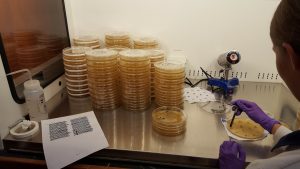
Survival of the fittest isn’t the end of the story. New research by Yale scientists shows that weak species are able to grow with stronger species, and the presence of weak species may help ecosystems respond to climate change.
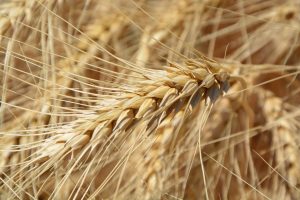
Researchers at Tel Aviv University have been studying the genomics of wheat to determine how it was domesticated.
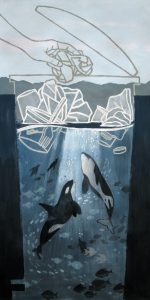
The more plastic we have, the bigger of an environmental problem we face. University of Nebraska-Lincoln Professor Yiqi Yang is discovering new polymers to create better biodegradable plastics.